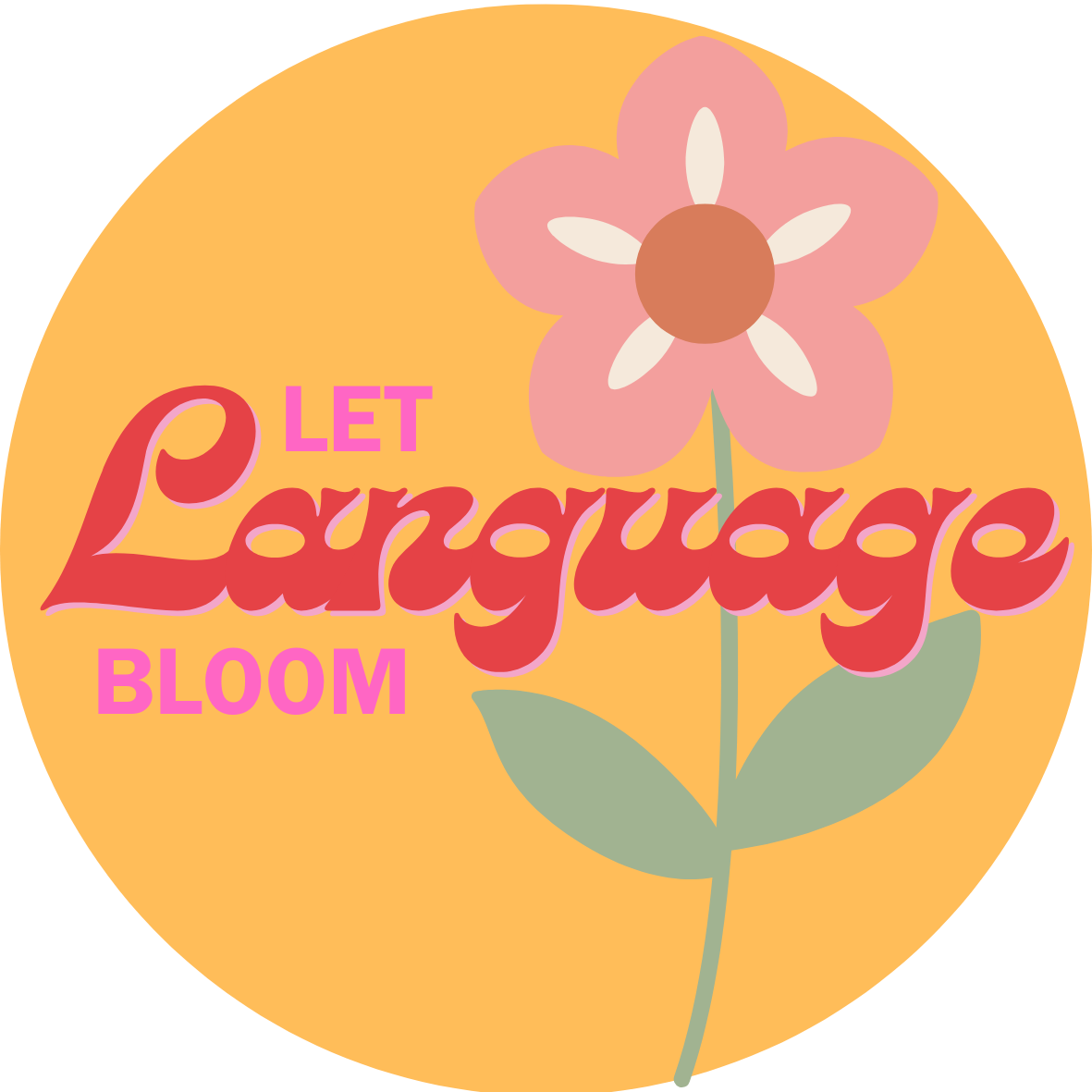Bridging Borders with Words: The Essence of Ethical Content Writing and Translation Equity, Enhanced by Linguee
In our interconnected global landscape, effective communication across languages and cultures has become paramount. Ethical content writing, particularly in the context of translation equity, serves as a guiding principle to ensure that communication remains inclusive and respectful of diverse linguistic communities. In this exploration, we delve into the significance of ethical content writing and how platforms like Linguee contribute to achieving translation equity.
Defining Ethical Content Writing
Ethical content writing involves crafting material that upholds values such as honesty, fairness, and inclusivity. For instance, imagine a multinational corporation launching a global marketing campaign. Ethical content writing ensures that the campaign's message resonates authentically across cultures, avoiding unintentional cultural insensitivity or misinterpretations.
Understanding Translation Equity
Translation equity is the pursuit of equal access to information and opportunities for individuals across different linguistic backgrounds. It promotes linguistic inclusivity, cultural sensitivity, and the elimination of language barriers, making content accessible to a global audience. Consider an educational platform providing online courses. Ethical content writing in translation equity ensures that course materials are available in multiple languages, enabling learners worldwide to access the same educational resources.
The Importance of Ethical Content Writing in Translation Equity
1. Preserving Intent and Context: Ethical content writing ensures that translations maintain the intended meaning and context of the original content, preventing misinterpretations that could arise from poorly executed translations. Take, for instance, a heartfelt message in a blog post. Ethical content writing ensures that the emotional tone and nuances are accurately conveyed in translations, fostering a genuine connection with readers globally.
2. Respect for Cultural Differences: Acknowledging and respecting cultural nuances is crucial. Ethical content writing embraces these distinctions, fostering a deeper understanding and appreciation for diverse perspectives. Consider a global fashion brand launching a new line. Ethical content writing ensures that the marketing materials are culturally sensitive, avoiding stereotypes and celebrating the diversity of fashion influences worldwide.
3. Inclusivity and Accessibility: Translation equity expands the reach of content, making it accessible to non-English speakers. This inclusivity enhances the diversity of your audience and promotes a more equitable digital space. Think of a medical website providing crucial health information. Ethical content writing ensures that this information is available in multiple languages, breaking down language barriers and ensuring everyone has access to vital healthcare resources.
4. Avoiding Plagiarism and Misrepresentation: Ethical content writing includes giving proper credit to original sources, avoiding plagiarism, and ensuring that ideas are represented accurately to maintain credibility and trust. Consider an academic research paper gaining international recognition. Ethical content writing ensures that translations maintain the integrity of the original research, giving credit to the authors and accurately conveying the scientific findings.
Linguee: A Valuable Resource
In the quest for ethical content writing and translation equity, tools like Linguee play a pivotal role. Linguee combines machine translation with human expertise, offering a unique platform for content creators and translators alike.
1. Contextual Understanding: Linguee provides translations within the context of original sentences, facilitating a nuanced understanding of language usage and cultural context. For instance, if translating a technical manual, Linguee offers real-world examples to ensure that industry-specific terms are accurately interpreted.
2. Terminology Consistency: Maintaining consistent terminology is vital, and Linguee aids in establishing a standardized vocabulary by showcasing how terms are translated across various contexts. Imagine a software development project. Ethical content writing ensures that coding terms are consistently translated, preventing confusion and ensuring clarity for developers working across different languages.
3. Quality Assurance: The platform's database, populated with translations from professional sources, acts as a quality assurance mechanism, allowing users to cross-reference and validate their translations. Consider a legal document requiring translation. Ethical content writing ensures precision in legal terminology, and Linguee serves as a valuable resource for confirming the accuracy of translations in a legal context.
4. Learning and Improvement: Linguee serves as an educational resource, offering insights into how phrases are translated by professionals. This contributes to ongoing learning and improvement in the field of translation. Imagine a novice translator working on a literary piece. Ethical content writing principles guide the learning process, and Linguee becomes a valuable tool for understanding how literary nuances are translated effectively.
Conclusion
Ethical content writing in translation equity is an evolving journey towards fostering understanding and unity in our diverse world. By adhering to ethical principles and leveraging tools like Linguee, content creators can break down language barriers, ensuring that their messages resonate authentically with a global audience. In this symbiotic relationship between human expertise and technology, we pave the way for a more connected, respectful, and inclusive digital community.

